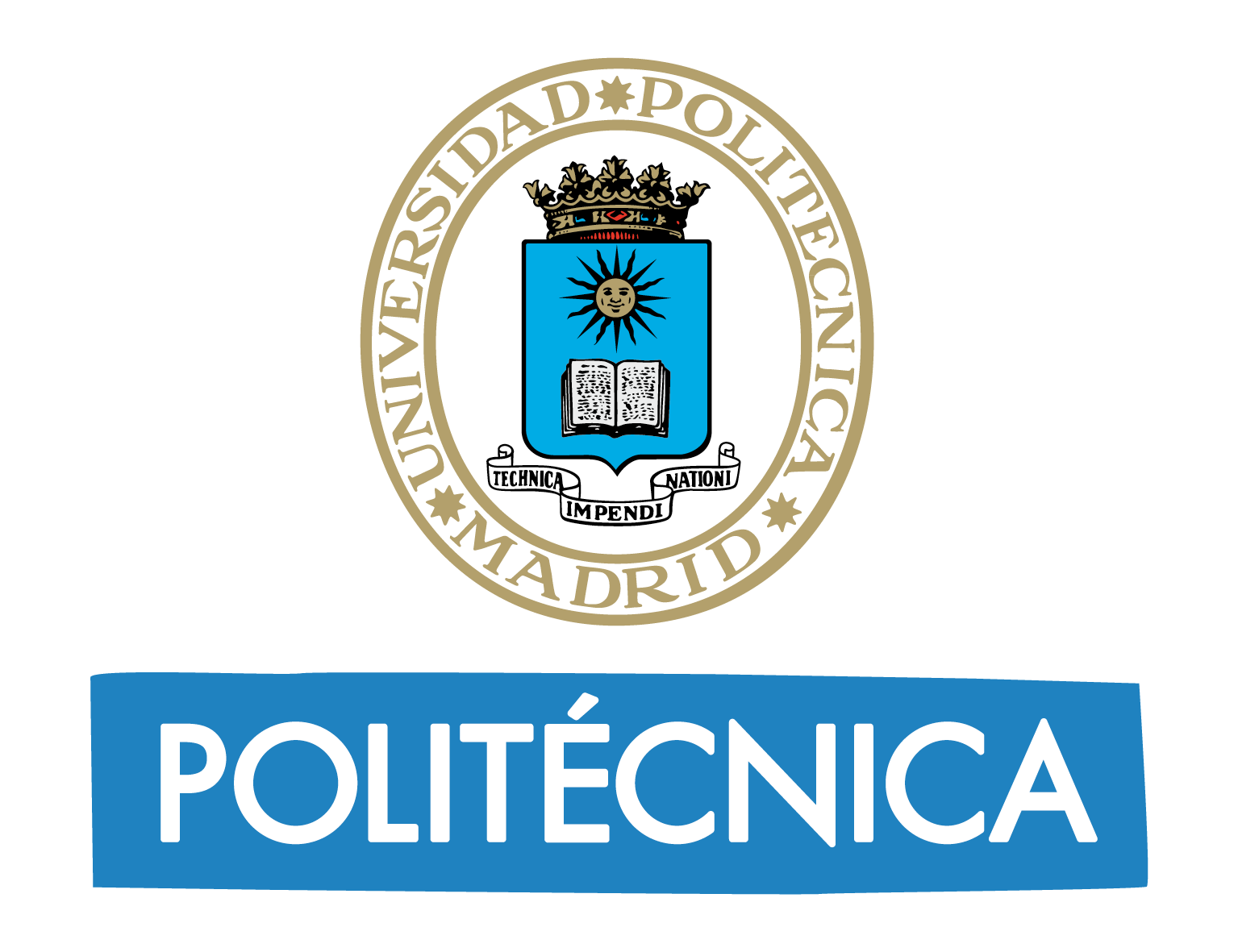Building Structures
| Centre | E.T.S. DE ARQUITECTURA |
|---|---|
| Official Degree | Building Structures |
| Web | http://masterestructuras.aq.upm.es |
| Area | Architecture and Building |
| Modality | On-campus and online learning |
| Credits | 90 ECTS |
| Languages | Spanish |
| Orientation | Research |
| Places | 35 |
| Contact | Miguel Angel Millán 910675010 miguelangel.millan@upm.es |
| Presentation | The Master's program aims to provide training that enables students to confidently tackle the design and calculation of more complex structures, as well as to deepen their understanding of the interaction between structure and architecture. The design of a structure is a task that involves different stages, and in each one, it is necessary to assess the problem, study possible solutions, and make decisions. First, the selection of structural types and materials for the preliminary design of a specific project (housing, parking, meeting or sports venues, etc.). The analysis methods and numerical calculation tools for the design and sizing of the various elements. The detailed development of specifications and construction plans. Finally, it is also necessary to consider the analysis and appraisal of built structures, both modern and those belonging to the Historical Heritage. Furthermore, completing a University Master's degree like this one, with 90 postgraduate credits, qualifies students to access the research cycle within a Doctoral Program at any Spanish university (RD 99/2011). Specifically, the University Master's in Building Structures is the reference qualification for accessing the Doctoral Program in Building Structures offered at the International Doctoral School of the Technical University of Madrid. The Master's is officially structured into two core Modules: M1, basic theory and structure design (20 credits), and M2, concrete, steel, wood, masonry structures, and foundations (39 credits), one optional module, M3, where at least one elective course must be chosen (4 credits). Additionally, two further modules are offered, one for the Final Master's Project, M4, (15 credits), and another for External Academic Practices, M5, (12 credits). There are two different delivery modes: on-campus and online. The organization of both modes is detailed below. 1. On-campus Mode Classes are expected to be structured as follows (subject to modifications based on the course's progression), adapting to the UPM calendar: Duration of the Master's program: 34 weeks from September to May. Class hours per week: 16.5 hours of classes (increased to 22 hours in some weeks). Class days and schedule: Monday, Tuesday, and Wednesday, from 15:30 to 21:00. Additionally, some classes will be added on Thursdays with the same schedule to meet the required number of in-person hours. 2. Online Mode The online mode is designed to facilitate access to the Master's program for students who cannot attend in person, either due to schedule conflicts or lack of available time to attend classes, or because they live in a different locality from Madrid or even in different countries. Online students will have predefined and modular learning activities, with specific support materials (videos, slides, collections of solved problems, self-correcting tests in Moodle, etc.), tutored asynchronously by the professor, as well as scheduled synchronous tutorials. The final evaluation tests must be taken in person in the classroom on the dates provided in the calendar that will be published at the beginning of the course. |
| Interuniversity | No |


